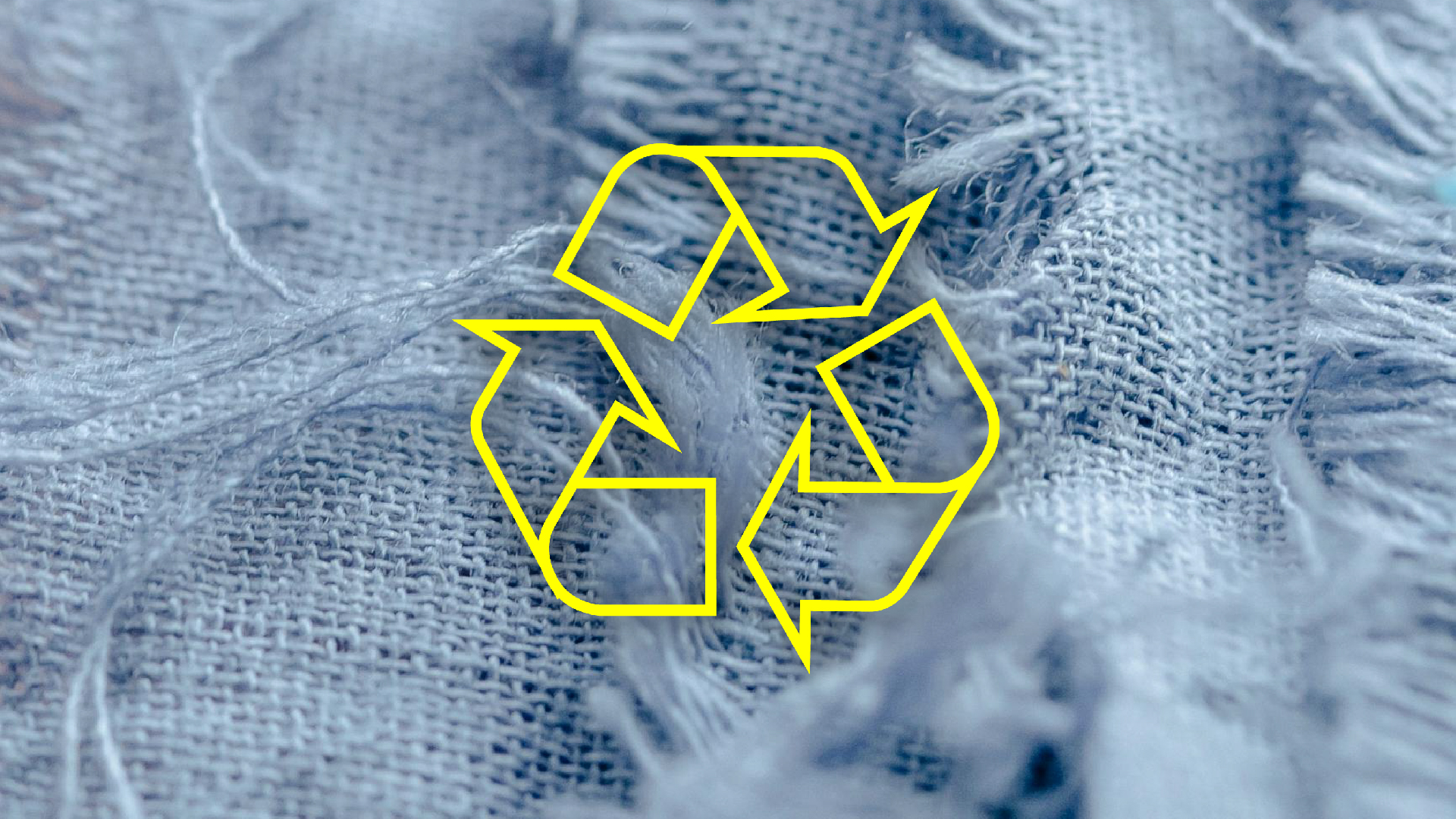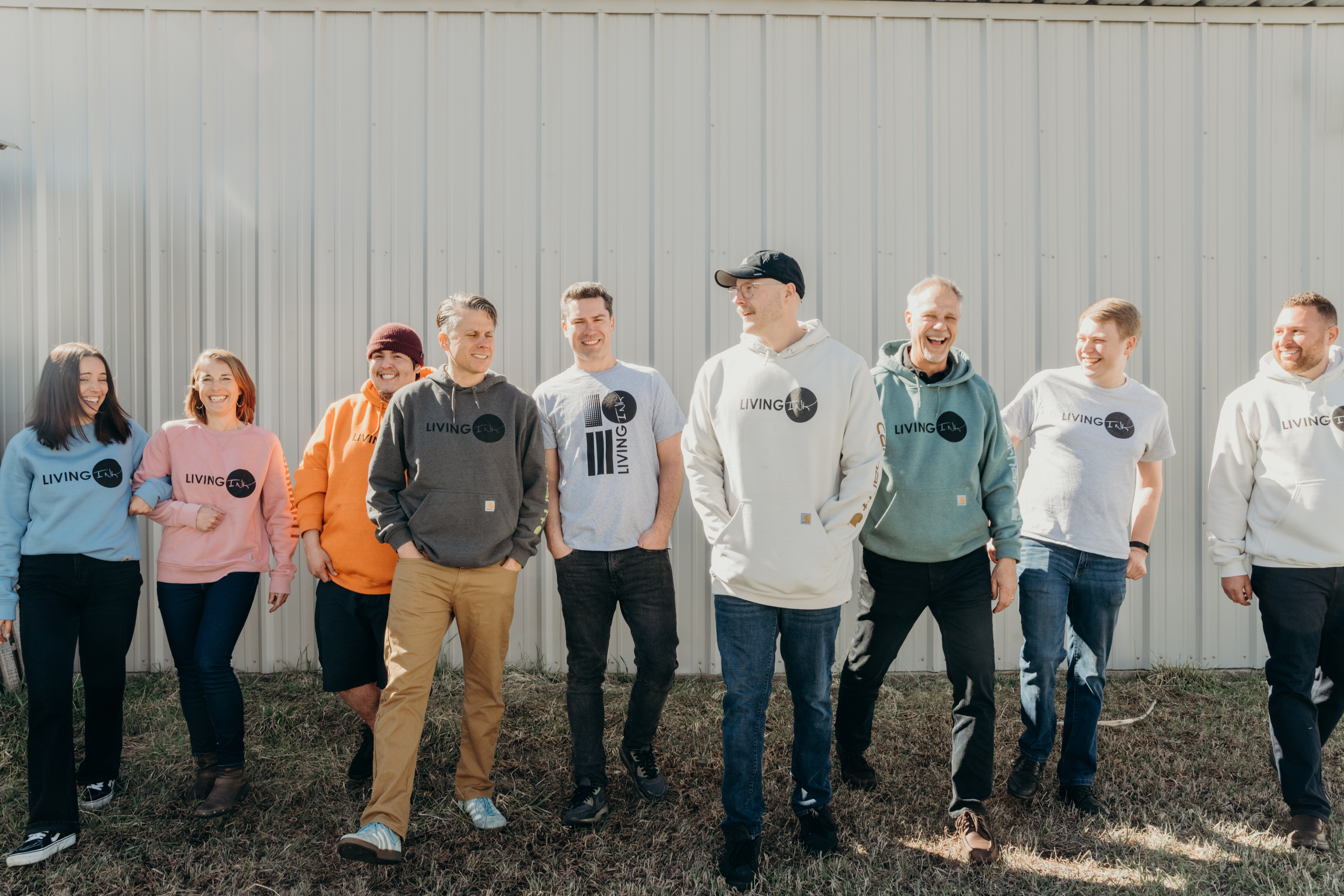New Partners Join the Sorting for Circularity Project
Credit: Alejo Reinoso
10 February 2022
AMSTERDAM- The Fashion for Good initiated Sorting for Circularity consortium project, launched in May 2021, has captured the attention of global textile players and brands from across the fashion industry. The project aims to develop more effective infrastructure to recycle textile waste to drive circularity in post-consumer textiles. Within the first 9 months, the project has made considerable progress, expanding the geographical scope of the project to cover Spain and Poland with the inclusion of Moda re- Cáritas Group and Wtórpol Sp. z o. o.. In addition, Fashion for Good is delighted to announce that H&M Group, parent company of H&M, WEEKDAY, COS, Arket, Monki, & Other Stories, and AFound, is joining the project as a key project partner, bringing significant expertise to bolster the activities of the project.
Demonstrating the importance of pre-competitive collaboration in tackling the industry’s largest challenges, H&M Group joins Inditex as key project partners together with Fashion for Good corporate partners adidas, BESTSELLER and Zalando, with Arvind Limited, Birla Cellulose, Levi Strauss & Co., Otto and PVH Corp. participating in the wider working group, and is made possible thanks in part to the support of catalytic funder Laudes Foundation.
“To enable the fashion industry to decouple growth from natural resource use, we need to make recycled materials accessible on a bigger scale. Many discarded clothes and textiles are not treated as resources but as waste; this we need to change! Only through industry-wide collaborations and investments in research and innovations can we transform our industry into a circular one.” – Anna-Karin Sundelius, Circular Strategy Lead at H&M Group
With the ambition to provide the most representative snapshot of textile waste composition generated in Europe, the inclusion of Spain and Poland in the analysis provides a more comprehensive overview. The range of geographies allows for nuanced cross-country comparisons – revealing regional differences in the textile waste generated. These findings will highlight the need for innovation, investment and potential policy changes to accelerate the transition to a more circular system.
“Since its foundation, the Moda re- Càritas group has focused on a model that incorporates new technologies as part of its broader social and environmental aims. We believe that participation in the Sorting for Circularity project will allow us to be even more effective in reaching these aims, thanks to the commitment and collaboration between the global project partners.” – Albert Alberich, Director at Moda re- / Cáritas
Both regions are crucial in the post-consumer textile waste conversation; Spain has been preliminarily shortlisted as a potential region for the EURATEX ReHubs project, a joint initiative to upcycle textile waste and circular materials all over Europe, and Poland is the 3rd largest exporter of used clothing in Europe. Moda re- Cáritas Group, the Spanish textile collector, sorter and recycler brought onto the project, has a keen eye for technological innovation and increases employment opportunities particularly for those at risk of social exclusion through their activities. They are also the largest Spanish textile collector and sorter – with 3 sites across Spain. In Poland, Wtórpol Sp. z o. o. will be joining the project, as the largest company dealing in the collection of textiles, their recirculation, and the processing of second-hand clothes. Wtórpol introduces over 65,000 tonnes of textiles into the second circulation annually.
“Wtórpol has been engaged in various research and innovation projects for years. The aim of Fashion for Good’s Sorting for Circularity aligns closely with ours. By joining the project, we are confident it will reveal key insights that can help the industry at large. Collaborative projects such as this help us not only to reach our zero waste goals, but more importantly to educate the industry and society on the importance of textile recycling.” – Mateusz Bolechowski, Press Officer at Wtórpol
For more information about the Sorting for Circularity Project click here.
Other Articles

In conversation with Smartex: Explore Smartex’s AI-driven solutions transforming quality control and reducing waste

Fashion for Good and Textile Exchange Team Up to Trace Textile Waste

